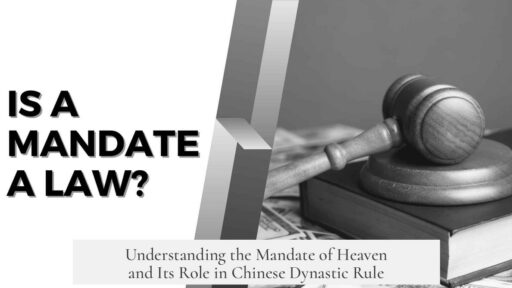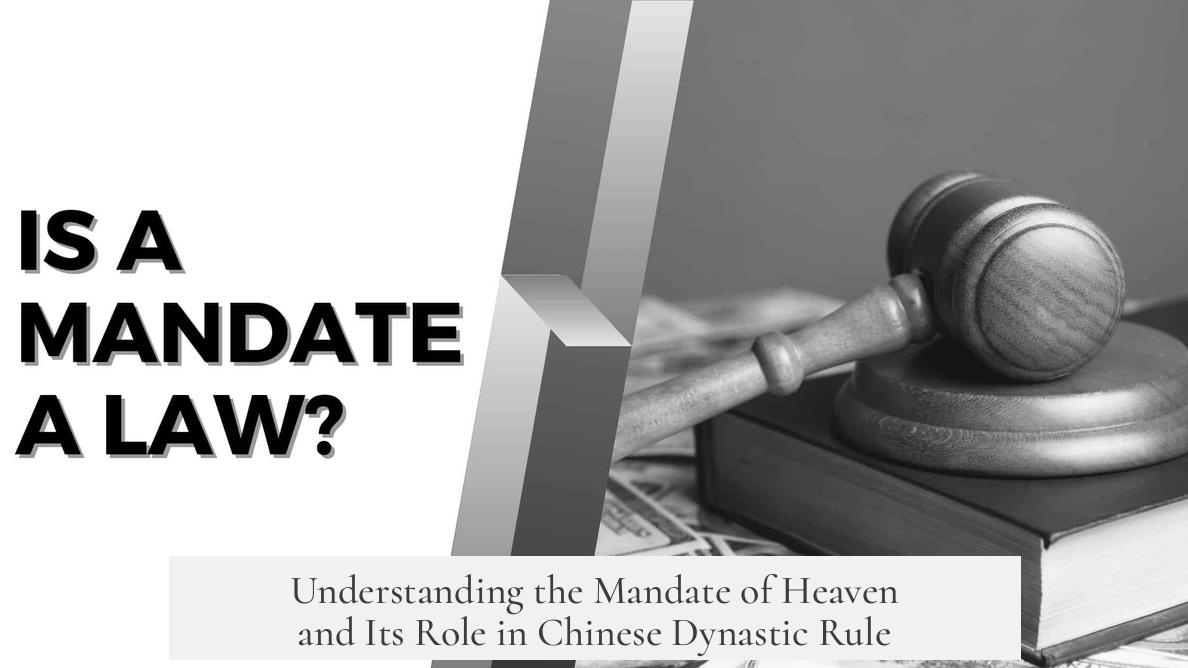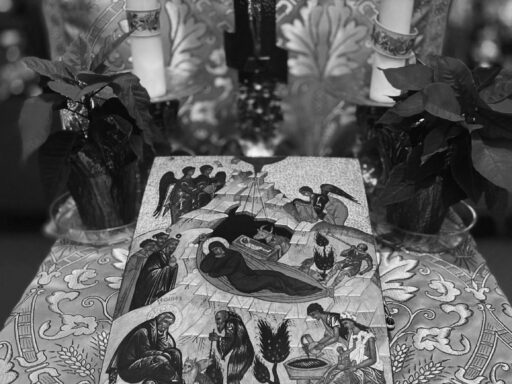The Mandate of Heaven is an ancient Chinese political and philosophical doctrine that grants legitimacy to rulers based on their virtue and ability to govern justly. It emerged in the pre-imperial Zhou dynasty as a celestial approval granted by Heaven (Tian) to virtuous leaders. This mandate legitimized the Zhou dynasty’s conquest of the previous Shang dynasty and established a framework where rulers’ authority depended on their moral conduct and governance.
The Mandate of Heaven originates from the Zhou dynasty’s claim that Heaven endorsed their right to rule after overthrowing a corrupt Shang regime. The Zhou justified their rise by presenting themselves as righteous leaders who restored order. A notable event linked to this mandate is the appearance of an astronomical sign, the tian ming, in 1059 BC during the reign of King Wen, father of King Wu. King Wu viewed this celestial sign as Heaven’s endorsement of his rule, reinforcing the concept that Heaven actively communicates its will through natural phenomena and signs.
This concept implies that Heaven grants the right to rule to a just and capable monarch. However, it also imposes limits: rulers who act unjustly, neglect their duties, or whose governance leads to chaos and suffering risk losing the Mandate. Manifestations of Heaven’s disapproval include natural disasters, famines, or social unrest. These occurrences signal that a ruler is no longer fit to govern and that Heaven’s favor has been withdrawn.
The Mandate introduces a quasi-religious framework. The Emperor is considered a semi-divine figure—more specifically, a semi-divine or demi-god-like ruler who governs with Heaven’s authority but does not hold absolute divine right. This authority links closely to Confucian values. The ruler is expected to embody virtue, practice filial piety, honor ancestors, and promote social harmony. Failure to uphold these standards leads to loss of legitimacy and supports justified rebellion.
The principle of Tianxia (“All Under Heaven”) attributed sovereignty to the ruler favored by Heaven. Confucius emphasized this model, believing only a Sage King—one possessing moral wisdom and virtue—could unify and stabilize society. Thus, the ruler’s legitimacy depends on moral conduct rather than birthright alone.
When a dynasty became corrupt or decadent, opposition factions could claim that the ruling house had lost the Mandate. This loss provided moral justification for rebellion. One historical example is the rebel leader Li Zicheng in 1644. He declared his new dynasty “Great Shun,” signifying obedience to Heaven as the legitimate new ruler authorized by the Mandate.
Importantly, the Mandate of Heaven is not equivalent to the European notion of “Divine Right.” It places limits on imperial power and grants the people a theoretical right to overthrow unjust rulers. However, it does not guarantee the right to rule outright. If a ruler loses the Mandate but no effective rebellion arises, that ruler remains in power. Thus, “might makes right” remains a practical reality. The mandate serves as a moral and political justification rather than an absolute guarantee.
Several key aspects define the Mandate of Heaven:
- It originates from the Zhou dynasty’s establishment of moral legitimacy after defeating the Shang dynasty.
- Heaven, as a divine force, grants authority to rulers based on their virtue and governance.
- The ruler must be a moral exemplar, respecting Confucian virtues like filial piety and righteousness.
- Loss of virtue and the resulting disorder signal loss of the Mandate.
- This loss justifies rebellion to replace an unfit ruler with one more favored by Heaven.
- It influenced dynastic changes throughout Chinese history by shaping the criteria for legitimate rule.
- The Mandate does not require noble birth—as evidenced by dynasties like the Han and Ming, founded by commoners who proved their virtue.
- Its application as political doctrine ended by the 19th century during the decline of the Qing dynasty.
The Mandate of Heaven shaped Chinese political culture for over two millennia. It set expectations for rulers to serve their people well or face consequences. It tied cosmic harmony to earthly governance and helped explain the rise and fall of dynasties. It also provided a framework for popular acceptance of rebellion against unjust rulers by framing such actions as the will of Heaven.
| Aspect | Description |
|---|---|
| Origin | Zhou dynasty’s overthrow of Shang; linked to celestial signs such as tian ming |
| Core Idea | Virtuous rulers have Heaven’s approval to govern; unjust rulers lose it |
| Limits on Rulers | Mandate can be revoked due to misrule, disaster, or unrest; justifies rebellion |
| Role of Emperor | Semi-divine figure; must rule according to Confucian virtue |
| Political Impact | Framework for legitimacy; shaped dynastic changes; no divine right guarantee |
| Duration | Used from Zhou dynasty (~11th century BC) until 19th century |
- The Mandate of Heaven grants rulers legitimacy based on virtue and good governance.
- Heaven can withdraw the Mandate, indicated by disasters and social unrest.
- Loss of the Mandate justifies rebellion and dynastic change, but power must be contested.
- The Emperor must be a moral exemplar, following Confucian principles.
- The Mandate does not imply unconditional divine right; it limits imperial power.
- This concept influenced Chinese history and politics for over two thousand years.




